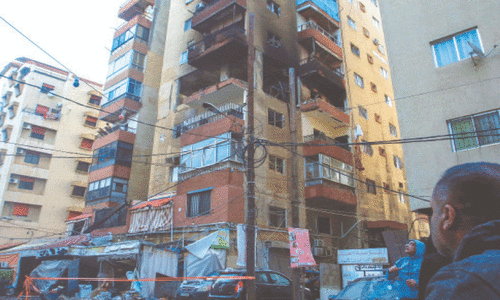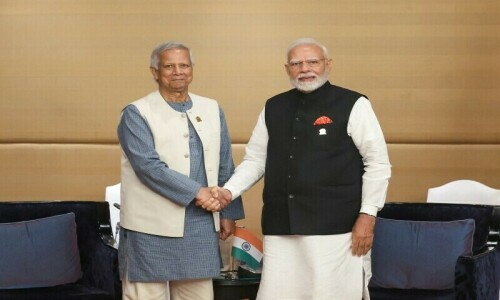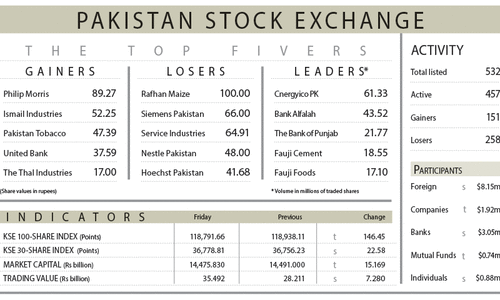THE majority Supreme Court judgement in the Gas Infrastructure Development Cess case allowing the government to recover the unpaid fee of Rs405bn from industrial consumers of natural gas seeks to resolve an issue that has been dragging on for a decade. The levy was imposed in 2011 to raise funds for gas infrastructure development. The total GIDC accrued so far is Rs700bn, of which about Rs295bn has been collected. Rs405bn will be recovered now. As most firms moved the courts against the fee shortly after its implementation, many companies passed on its full or partial impact to their customers, eg motorists in the case of CNG pump owners. Others couldn’t do so. Some companies partially or fully deposited the cess with the government, or withheld payment pending a court decision. Last year, the government amended the GIDC law, requiring industrial consumers to pay half their outstanding dues while waiving the remainder through an ordinance, in order to settle the dispute. But the ordinance was withdrawn quickly amid a public outcry and a petition was filed in the apex court. The judgement allows the government to recover the outstanding amount from defaulters in two years but links future collections to the complete utilisation of the cess on projects for which the levy was imposed. Thus, the court order bars the government from using GIDC collection for any purpose other than gas infrastructure construction while also blocking its future income stream under it. This is consistent with the view that it was unfair of the government to ask the industry to pay a cess on a certain resource while failing to divert the money to other projects.
Most industrial consumers will see their earnings drop and liquidity adversely affected owing to large cash outflows as the government recovers outstanding dues. The 488-point drop in the benchmark KSE-100 index shortly after the verdict testifies to market fears. The government had also not given any timeline for developing projects for which the levy was imposed. And, as noted by the dissenting judge, it didn’t provide for a mechanism of “obligations and consequences that might arise if the service was delayed or was not delivered at all”. Good business always demands that a resort to the court for arbitration be avoided. This didn’t happen. But after the course suggested by the court has been fully complied with, this GIDC example can perhaps be the basis for more profound, time-barred remedies in future.
Published in Dawn, August 15th, 2020











































